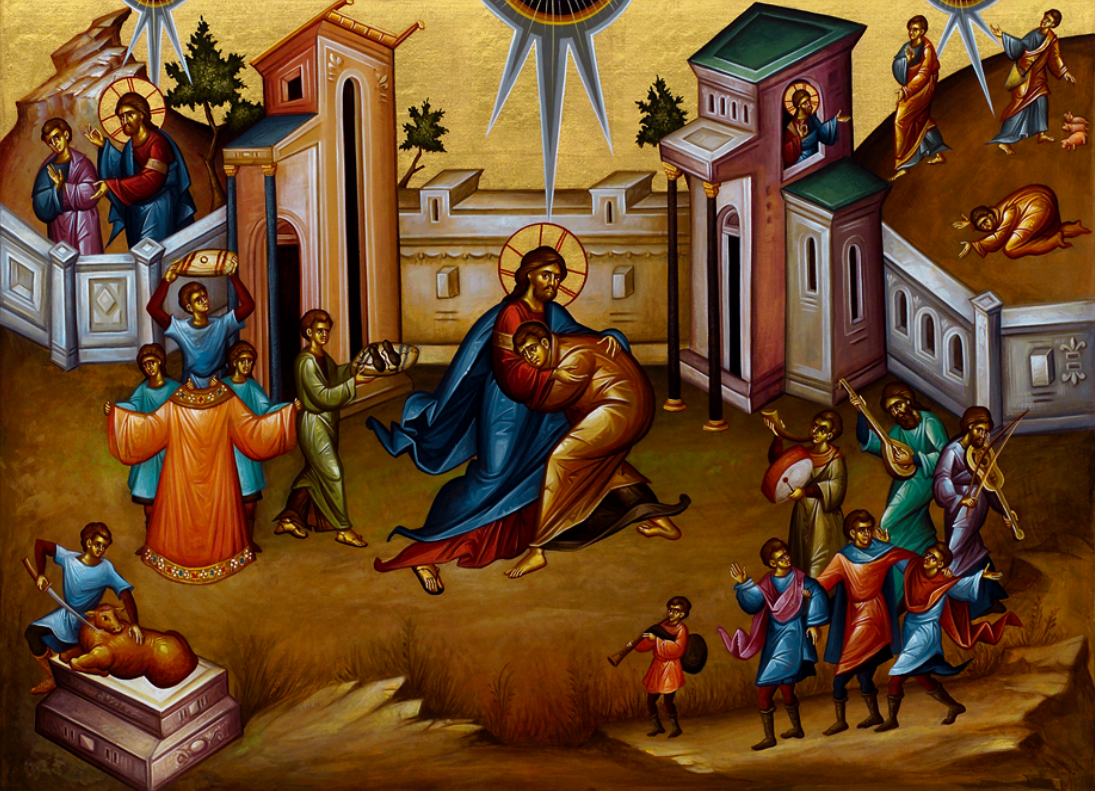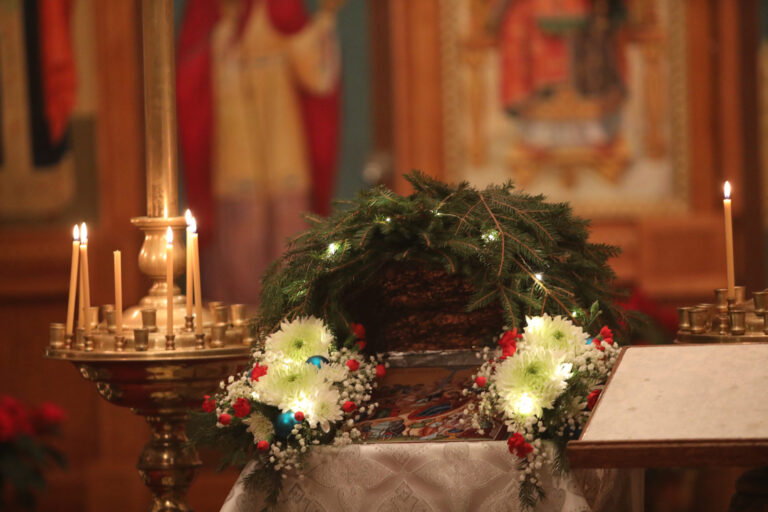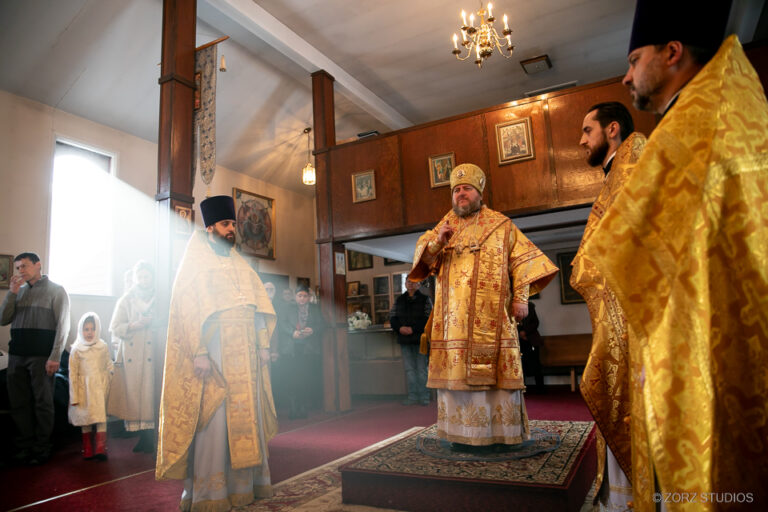The Church-Oriented Family Life
Family life is a private matter for each person. However, since the family is considered a “domestic church,” we can also discuss church etiquette in this context.
Church piety and home piety are interconnected and complement each other. A true son or daughter of the Church remains so outside the church as well. A Christian worldview defines the entire way of life for a believer. Without delving into the broad topic of home piety, we will touch on some etiquette-related aspects.
Addressing Each Other and Names
Since an Orthodox Christian’s name carries a mystical meaning and is linked to their heavenly patron, it should be used in full whenever possible within the family: Nikolai, Kolya—but not Kolcha or Kolunya; Innokentiy—but not Kesha; Olga—but not Lyalka, etc. Diminutive forms of names are not forbidden, but their use should be reasonable. Familiarity in speech often indicates that reverence in family relationships has been lost and that routine has taken precedence. It is also inappropriate to name pets (dogs, cats, parrots, guinea pigs, etc.) with human names. Excessive affection for animals can turn into a passion that diminishes love for God and fellow humans.
The home of a devout Christian should reflect both practical and spiritual order. Keeping only the necessary number of household items, kitchen utensils, and furniture demonstrates an awareness of the balance between the material and the spiritual, giving priority to the latter. A Christian does not chase after fashion; this concept should be entirely absent from their value system. A believer knows that every possession requires attention and care, consuming time that might otherwise be spent with loved ones, in prayer, or reading Scripture. Finding a balance between Martha and Mary (as described in the Gospel)—fulfilling the duties of a homeowner, spouse, parent, child, while not forgetting the “one thing needed”—is a spiritual art, a form of wisdom.
Undoubtedly, the spiritual center of a home, where the family gathers for prayer and spiritual discussions, should be a room with a well-organized set of icons (a home iconostasis), orienting worshipers toward the east.
Icons should be present in every room, including the kitchen and hallway. The absence of an icon in the entryway often causes some discomfort for visiting believers—upon entering, they wish to cross themselves but find no sacred image. Similarly, confusion may arise if either the guest or the host is unfamiliar with the customary Orthodox greeting. The visitor may say, “By the prayers of our holy fathers, Lord Jesus Christ, Son of God, have mercy on us,” to which the host responds, “Amen.” Alternatively, the guest may say, “Peace be upon this house,” and the host replies, “We receive you in peace.”
In a devout home, spiritual books should not be stored on the same shelf as secular literature. Spiritual books should not be wrapped in newspapers, and church newspapers should never be used for household purposes. When religious books, magazines, or newspapers become worn out, they should be burned respectfully.
Portraits and photographs of loved ones should not be placed next to icons in the “red corner” (icon corner).
Icons should not be placed on or above the television.
A devout home should not contain common modern decorations such as plaster, wooden, or other representations of pagan gods, African or Native American ritual masks, and similar items.
When receiving a guest (even for a short visit), it is customary to offer tea. Here, Eastern hospitality can serve as a good example, as its positive influence is evident in the warmth of Orthodox hospitality in Central Asia and the Caucasus. When inviting guests for a specific occasion (name day, birthday, church holiday, baptism, wedding, etc.), the guest list should be carefully considered. This is because religious people have different worldviews and interests compared to those distant from faith. A non-believer might find discussions on spiritual topics boring or offensive. Alternatively, the evening might turn into an intense (hopefully fruitful) debate, overshadowing the celebration itself. However, if the guest is on the path to faith and seeking the truth, such gatherings can be beneficial for them. Enhancing the evening with recordings of spiritual music or a film about holy places can be valuable, provided it is done in moderation and does not become excessive.








